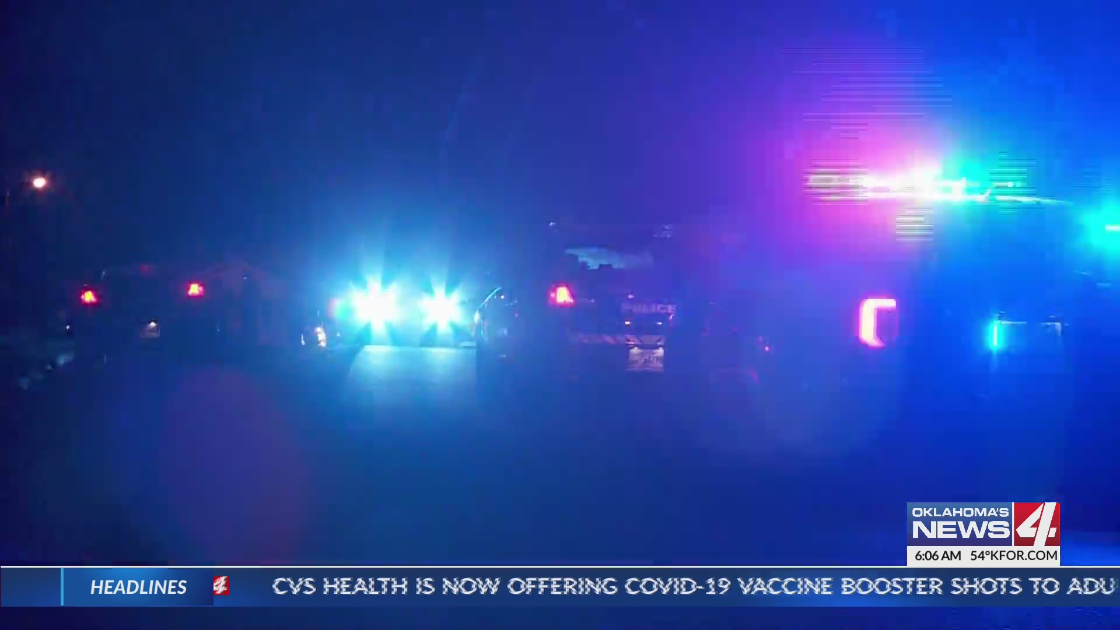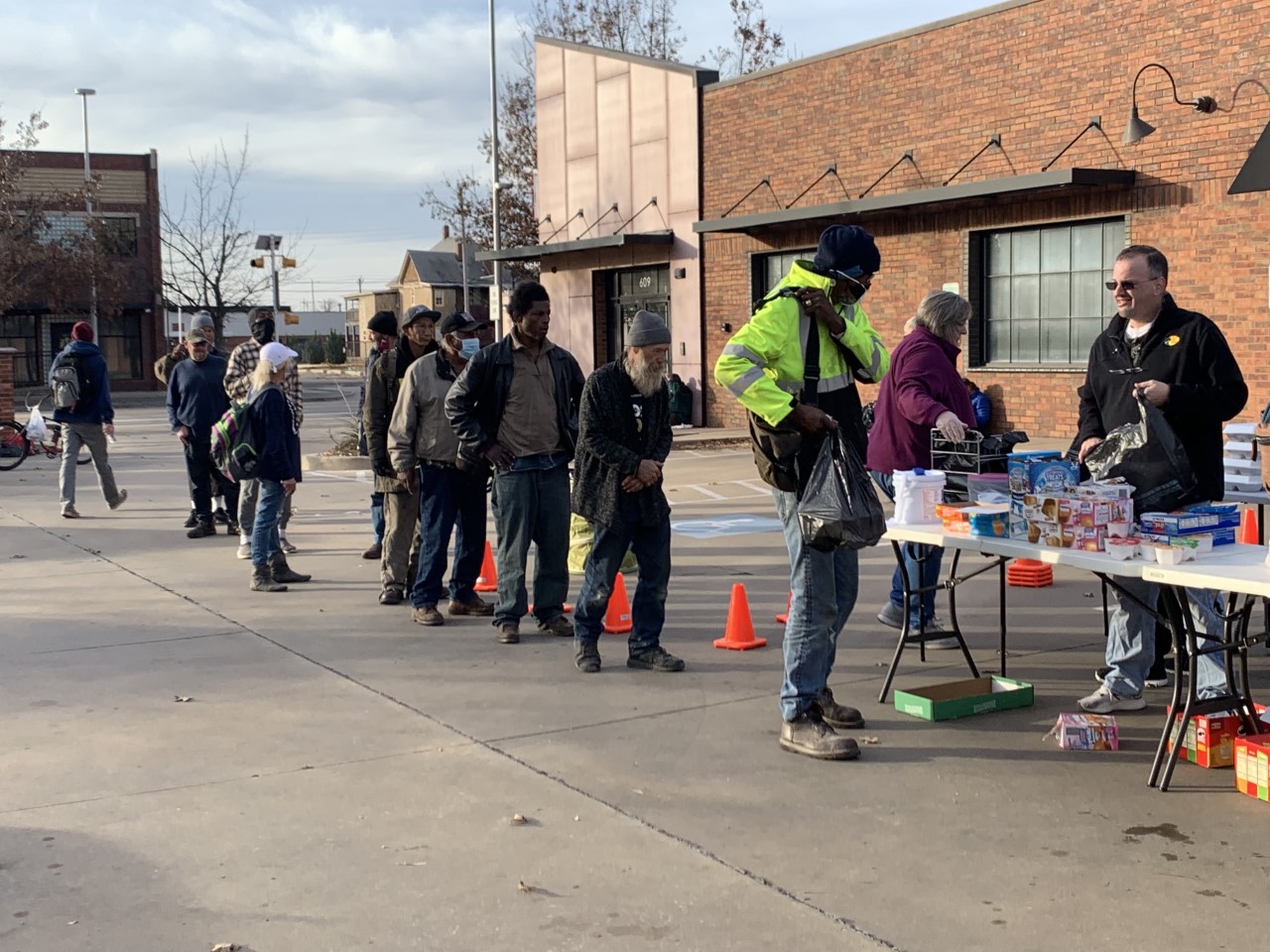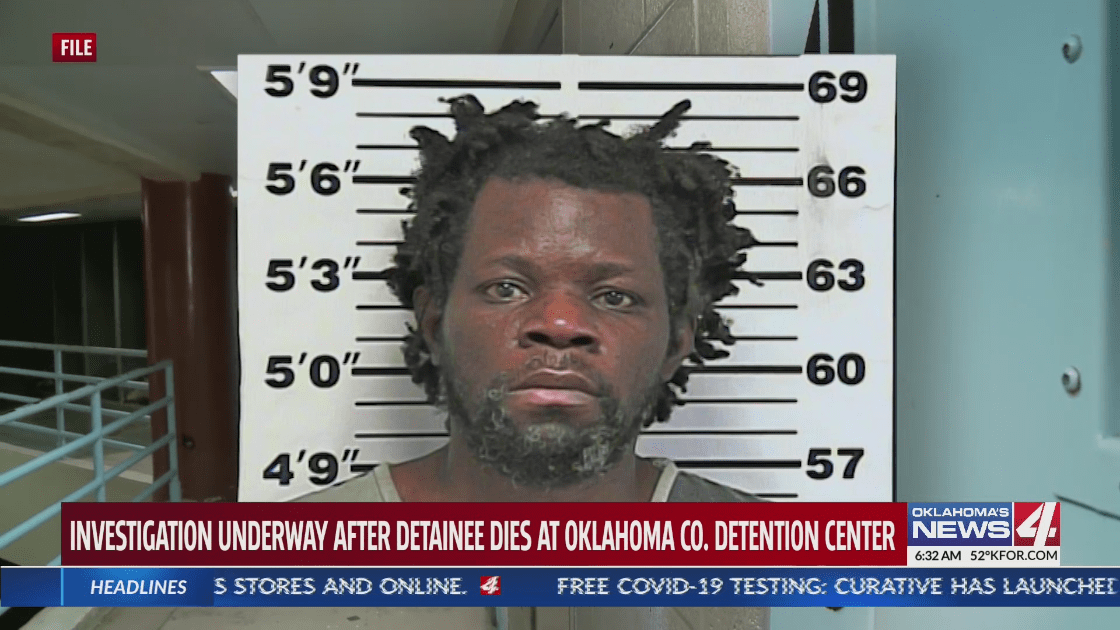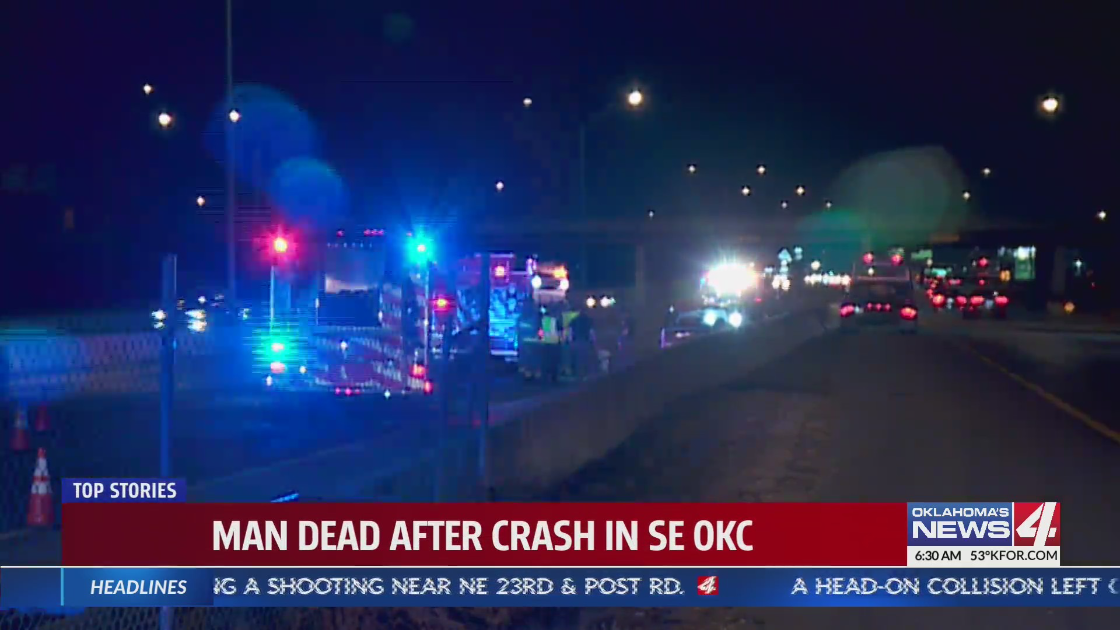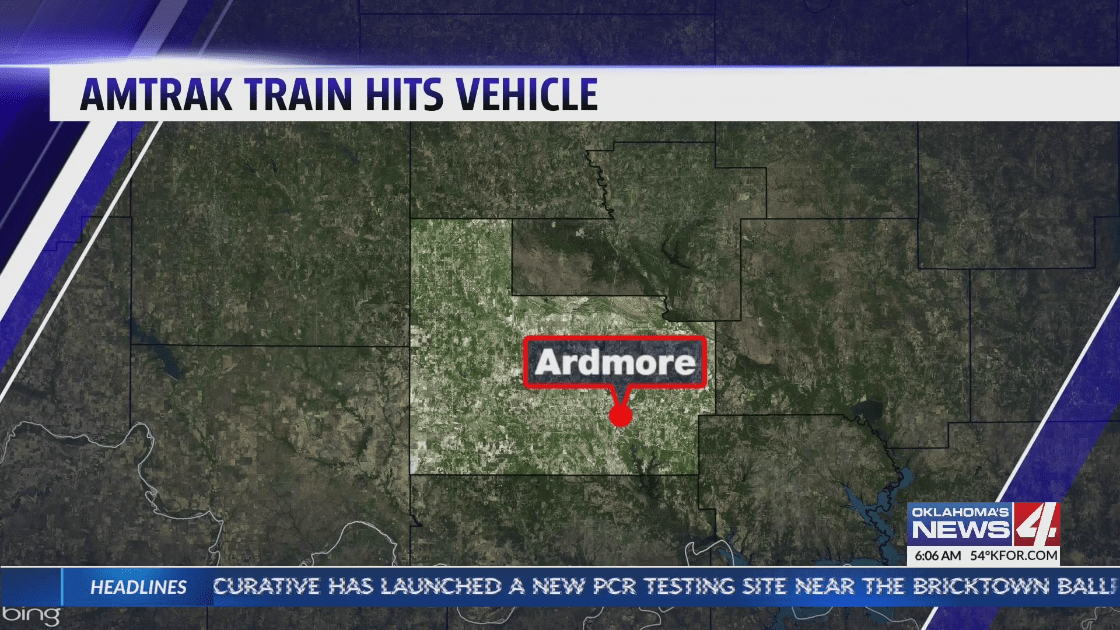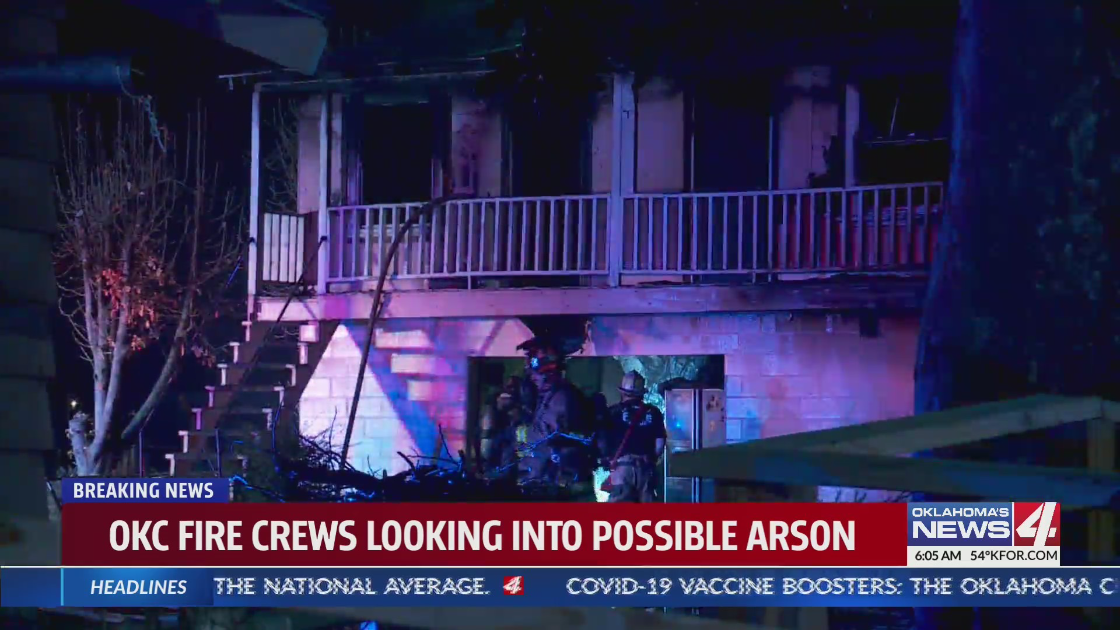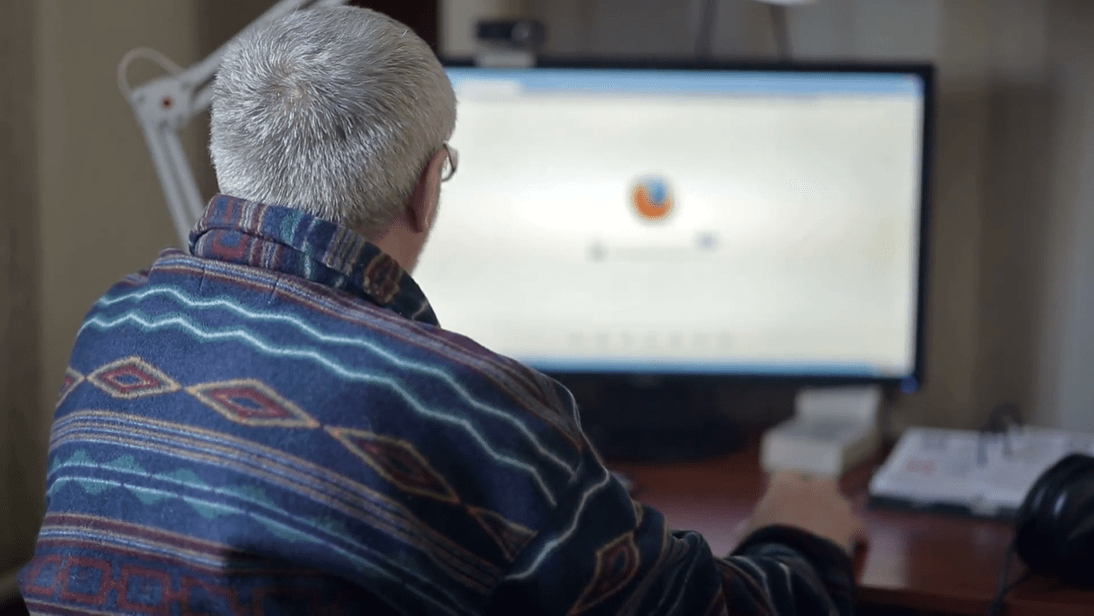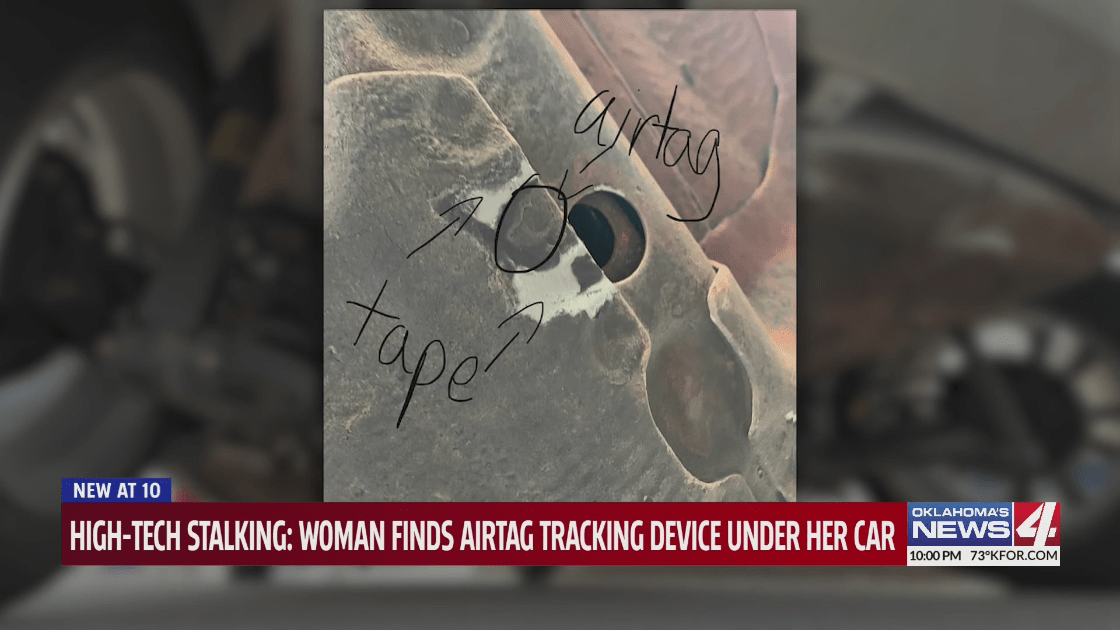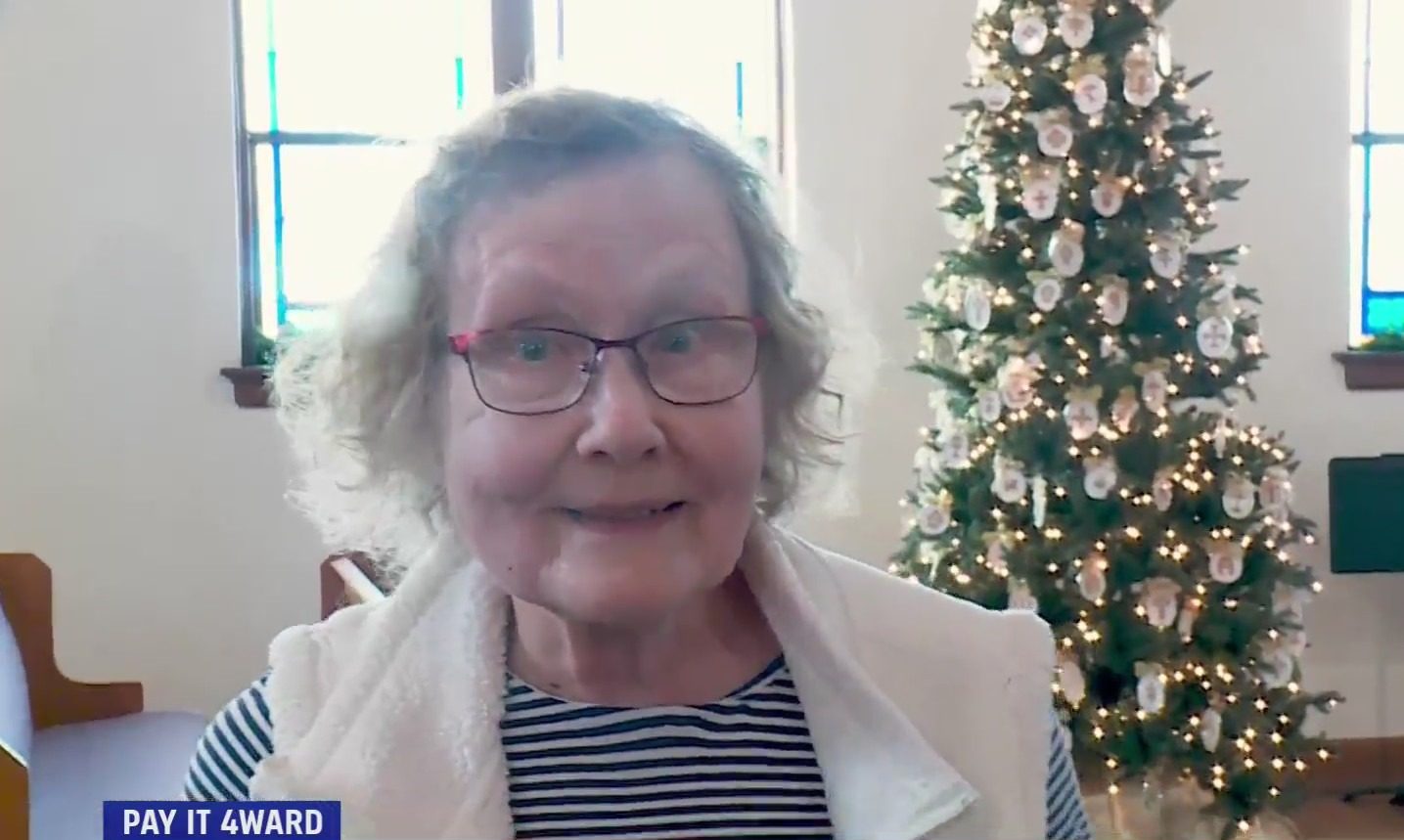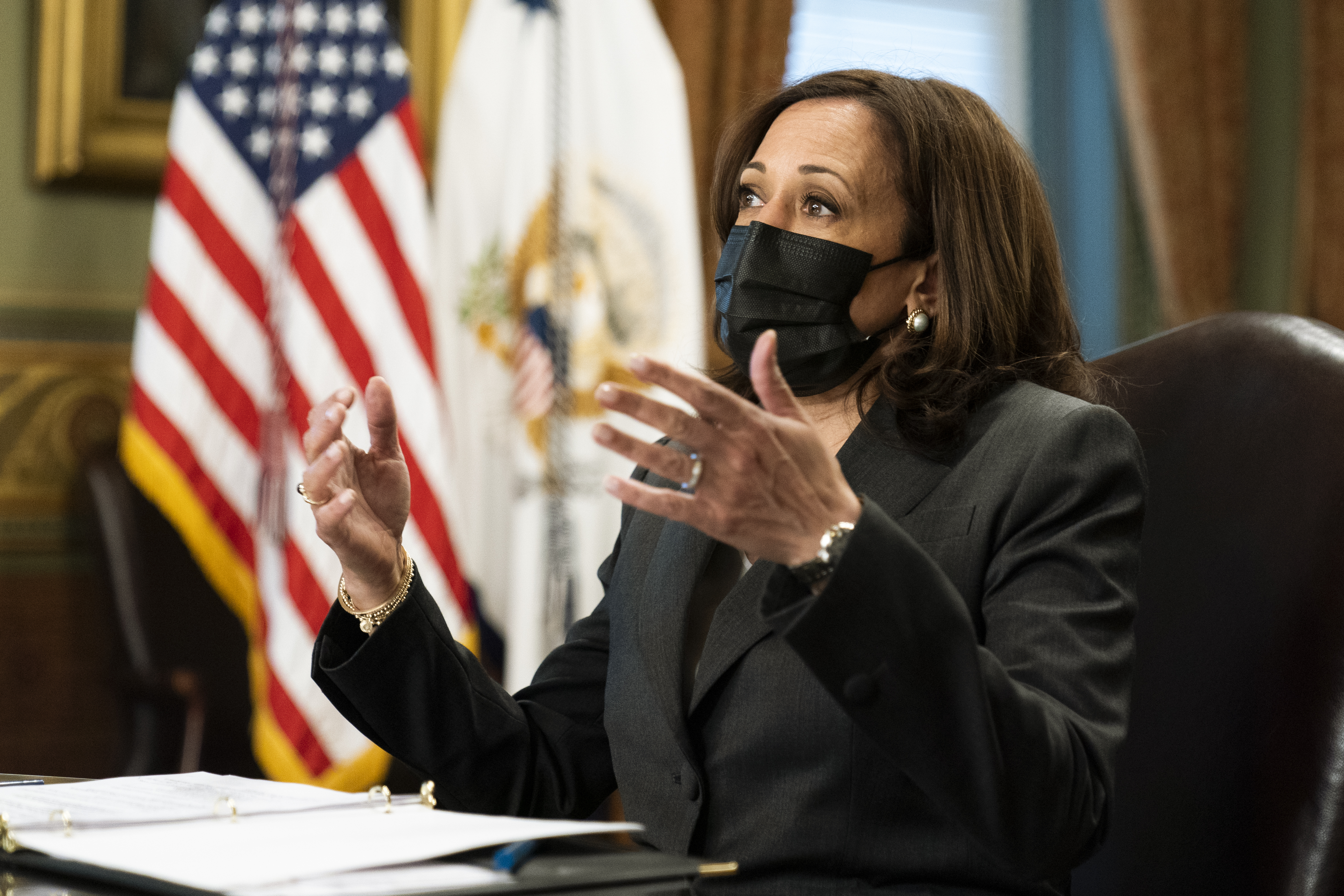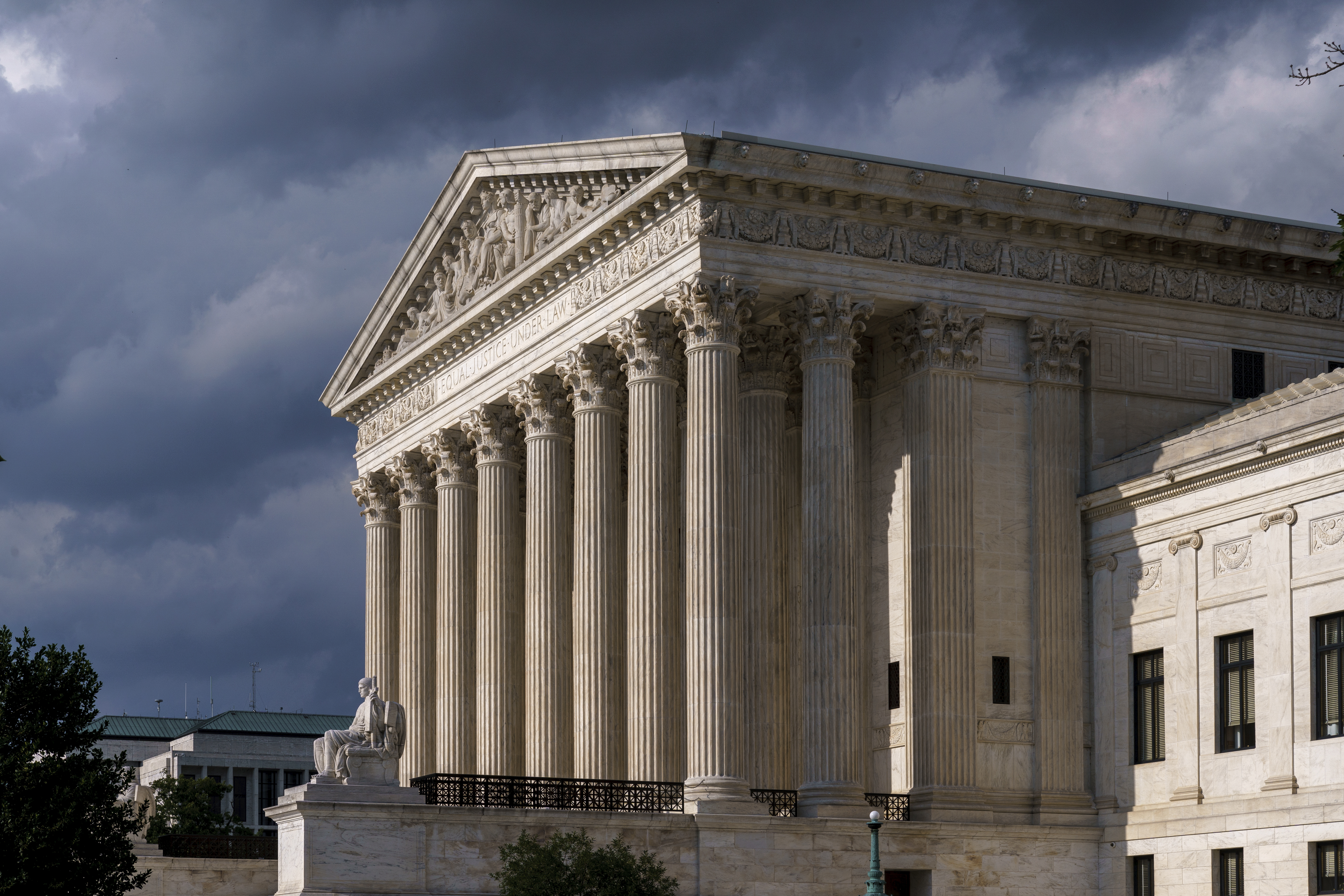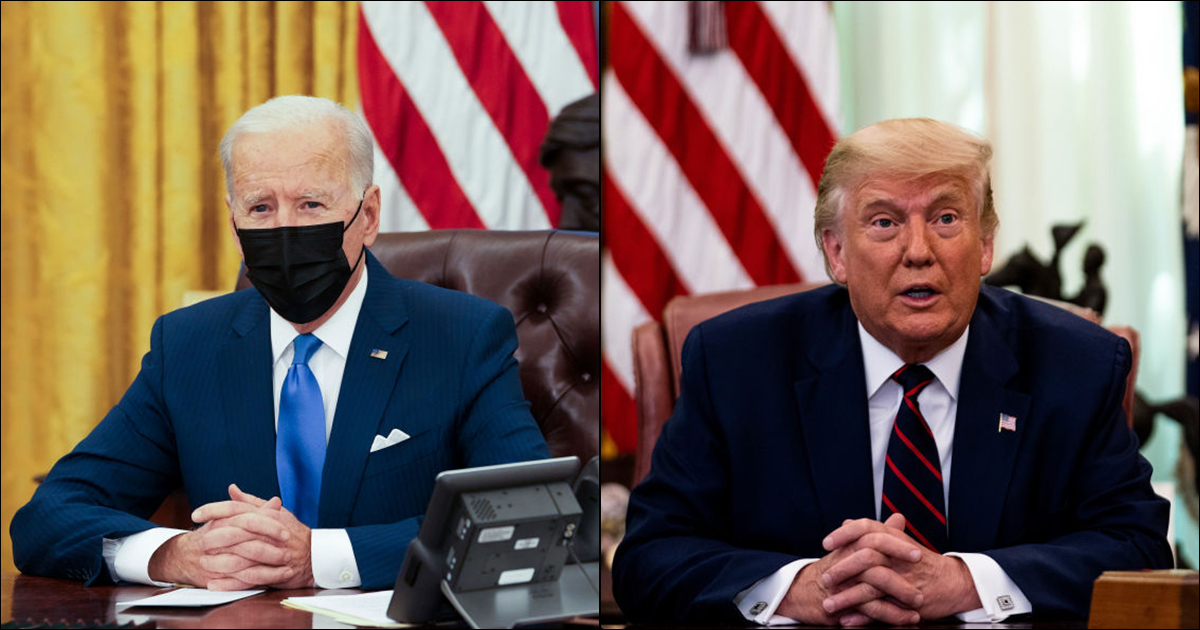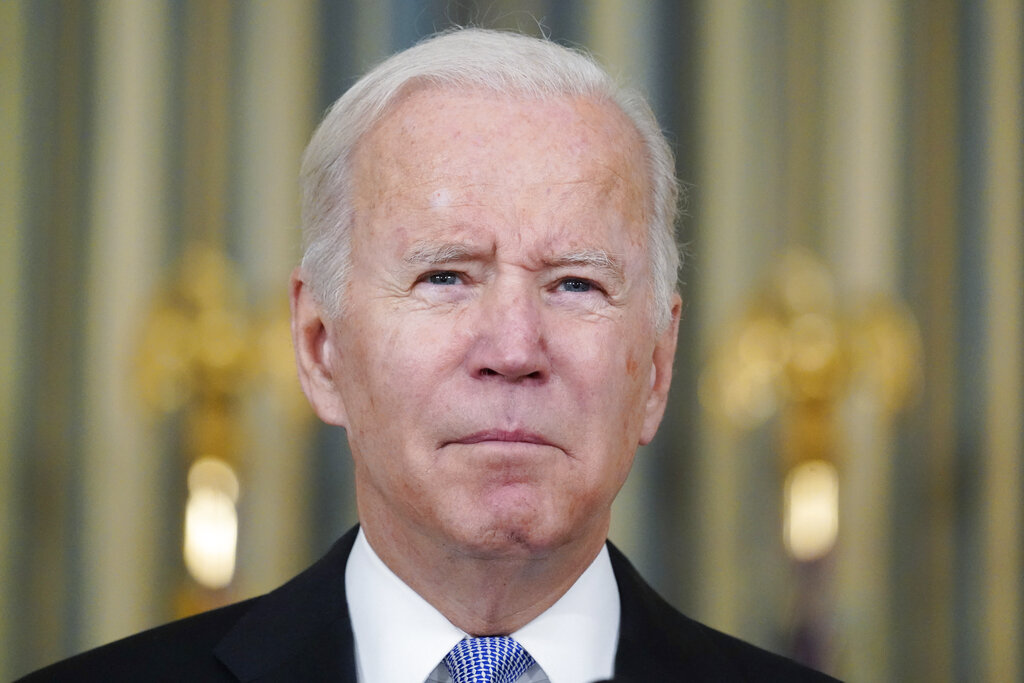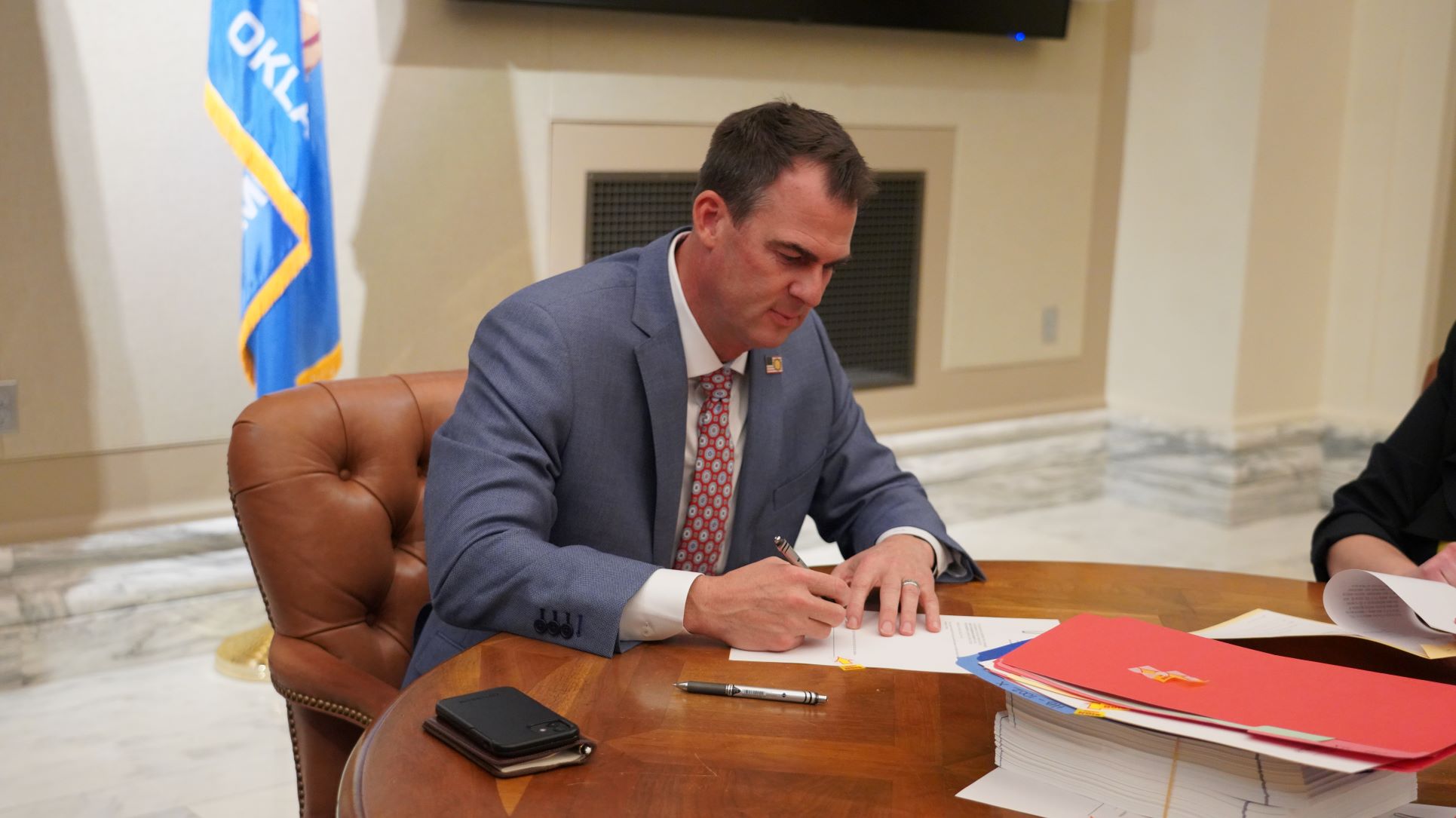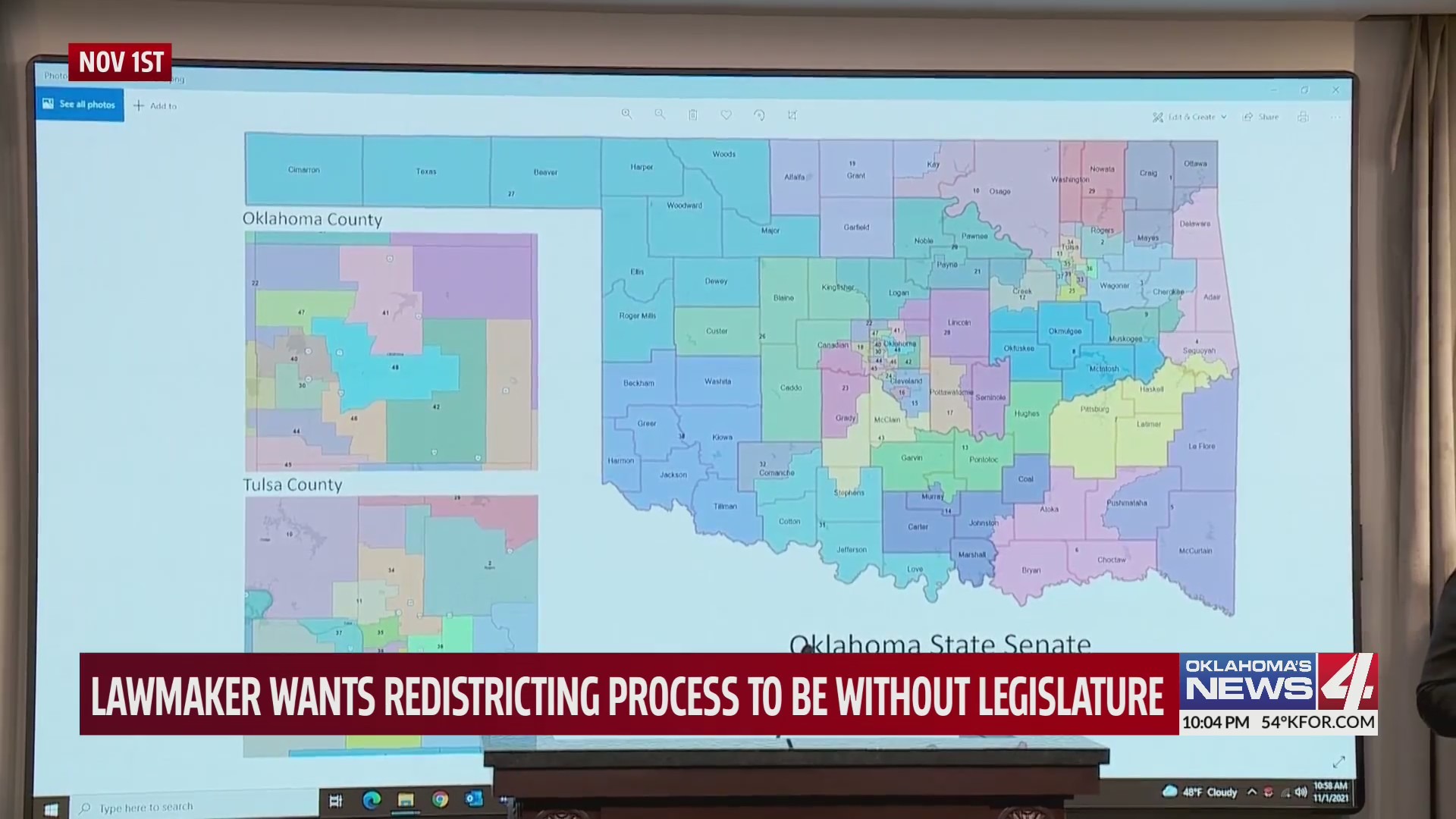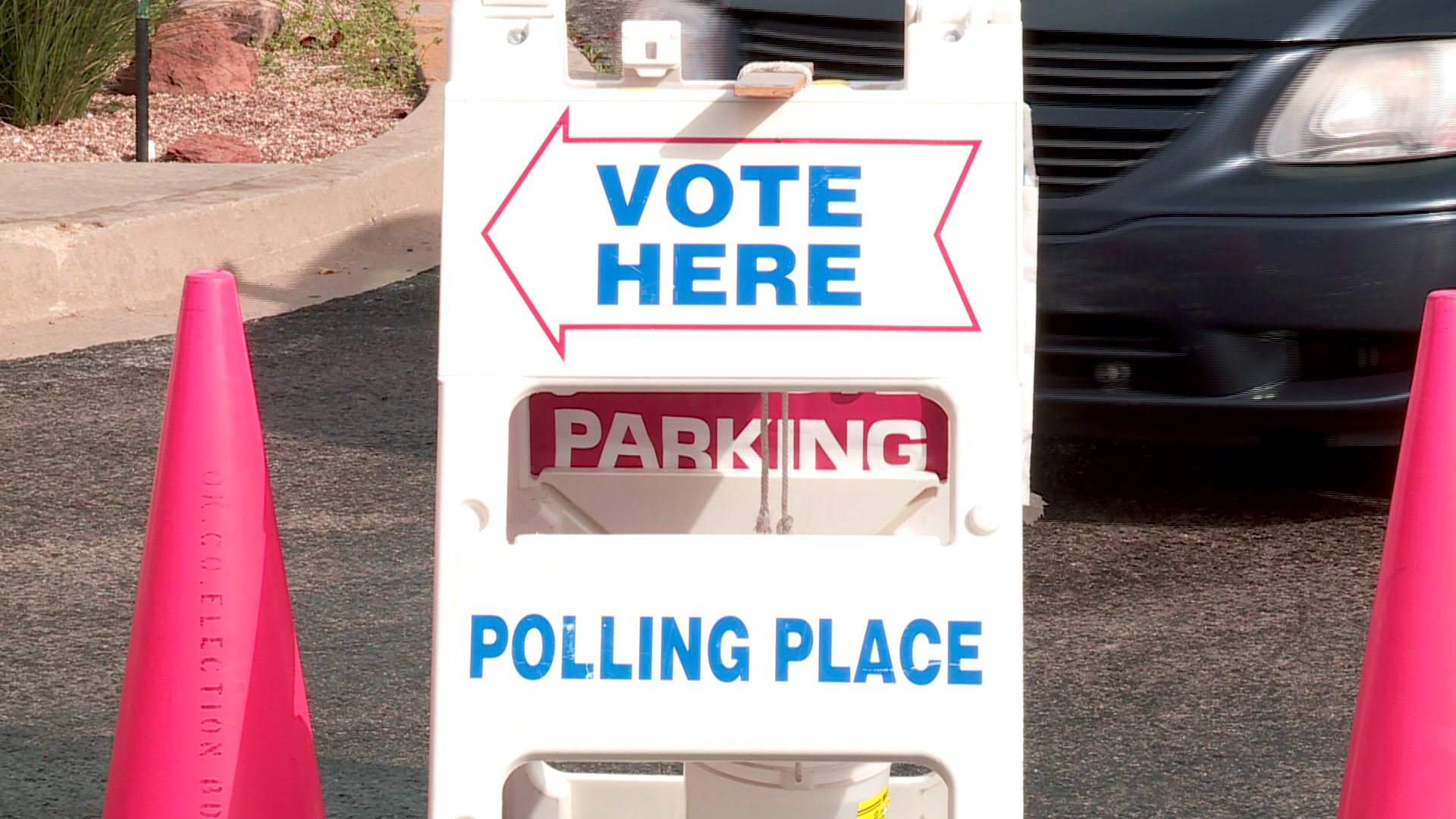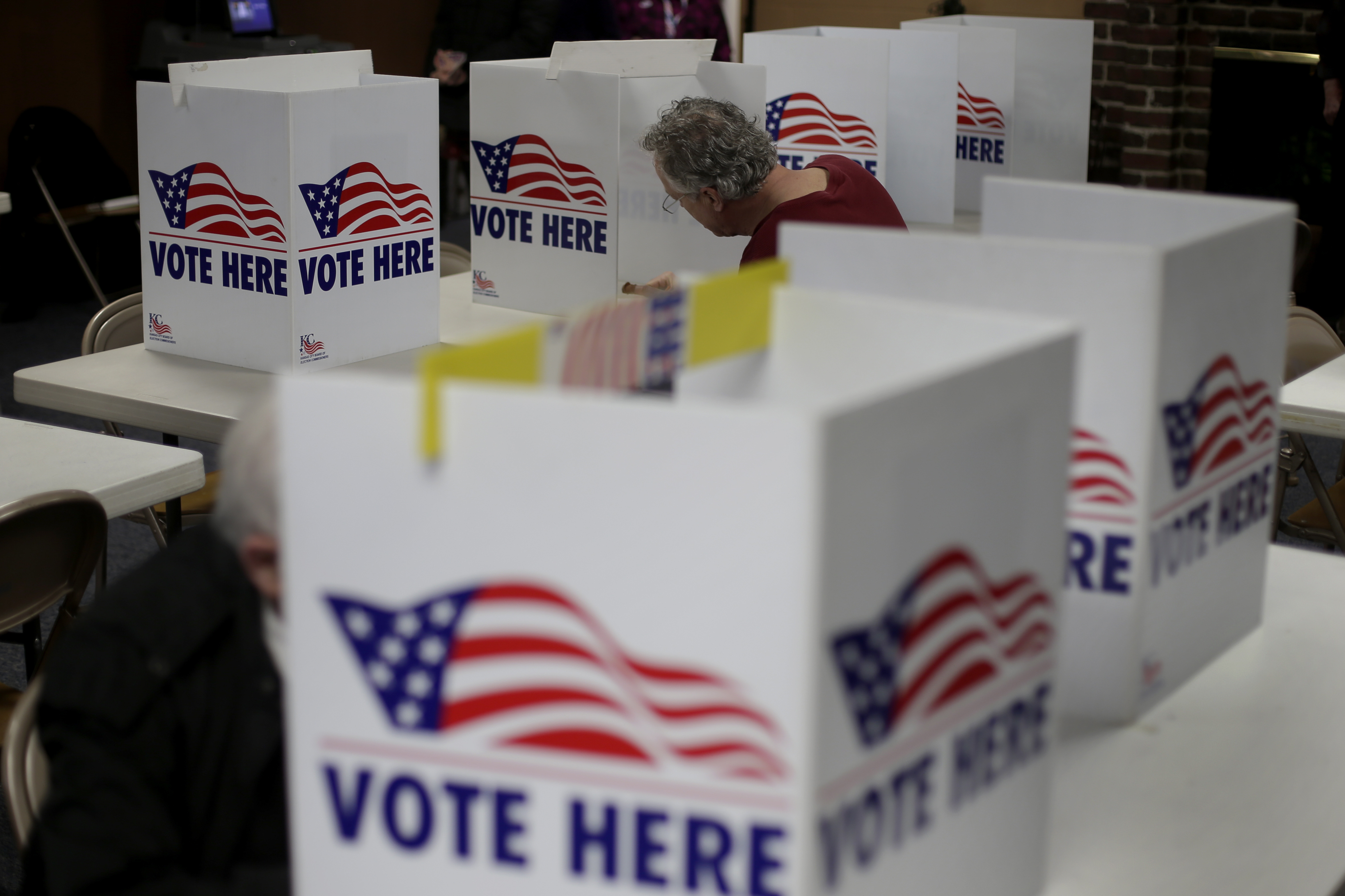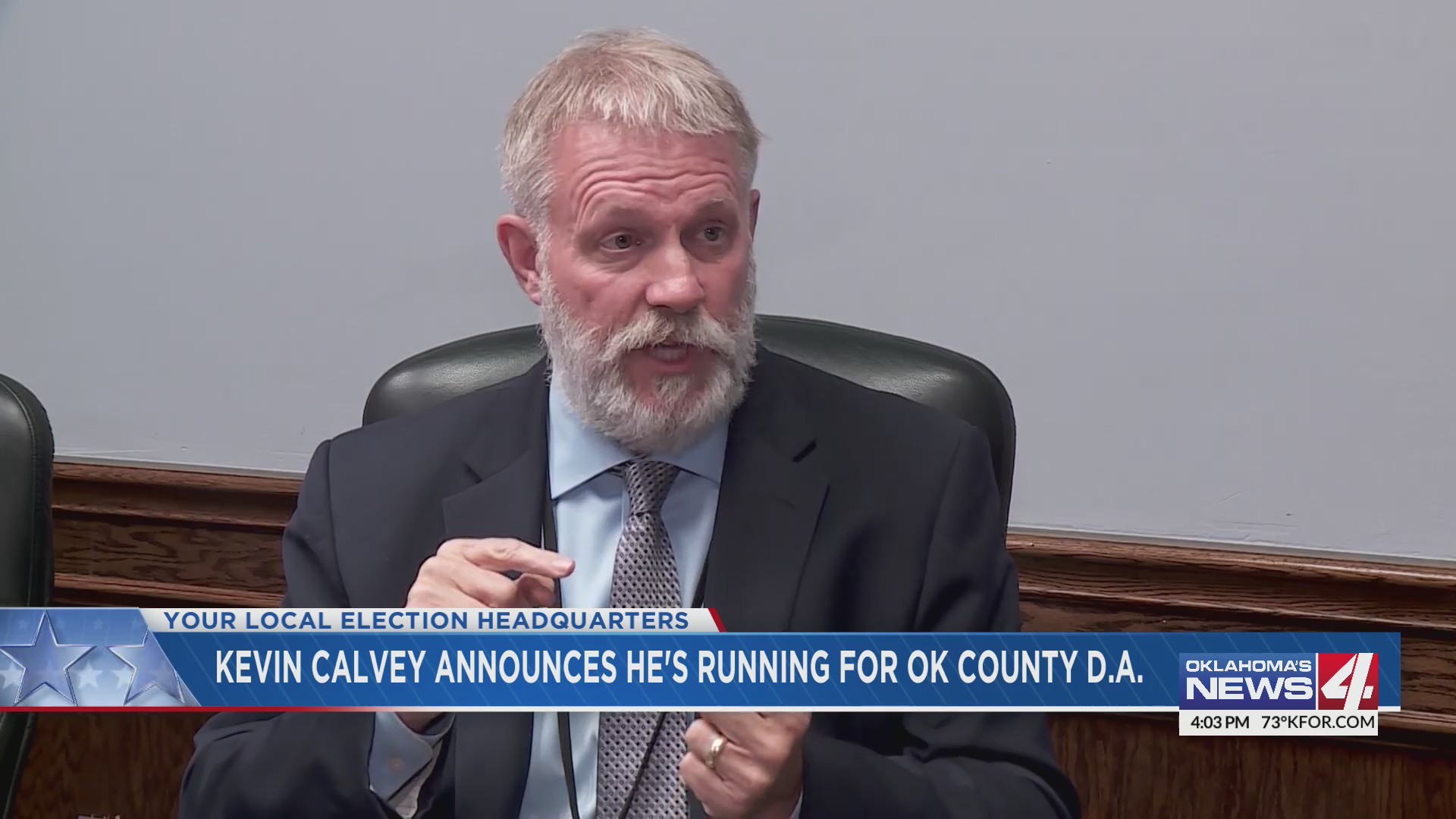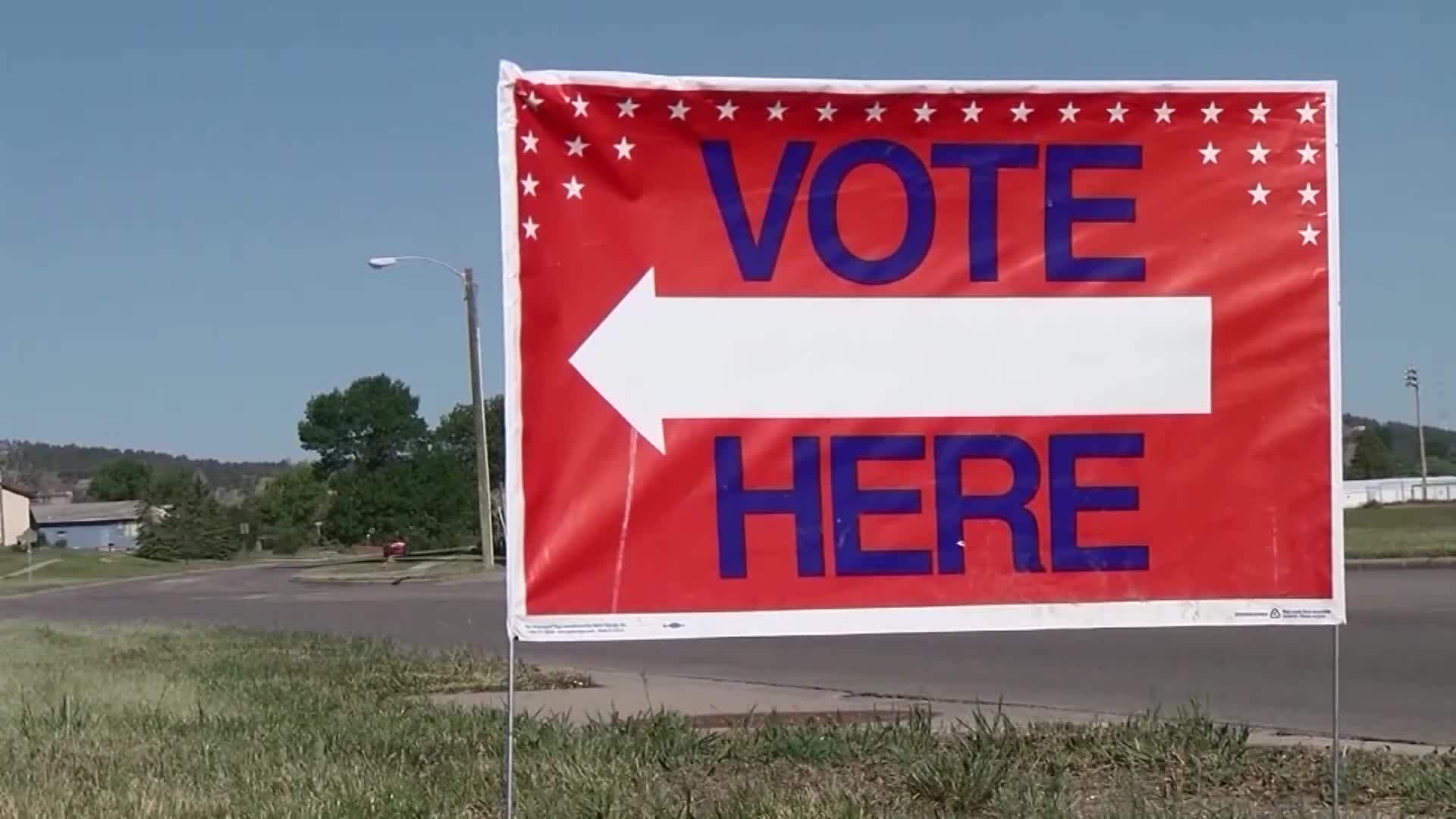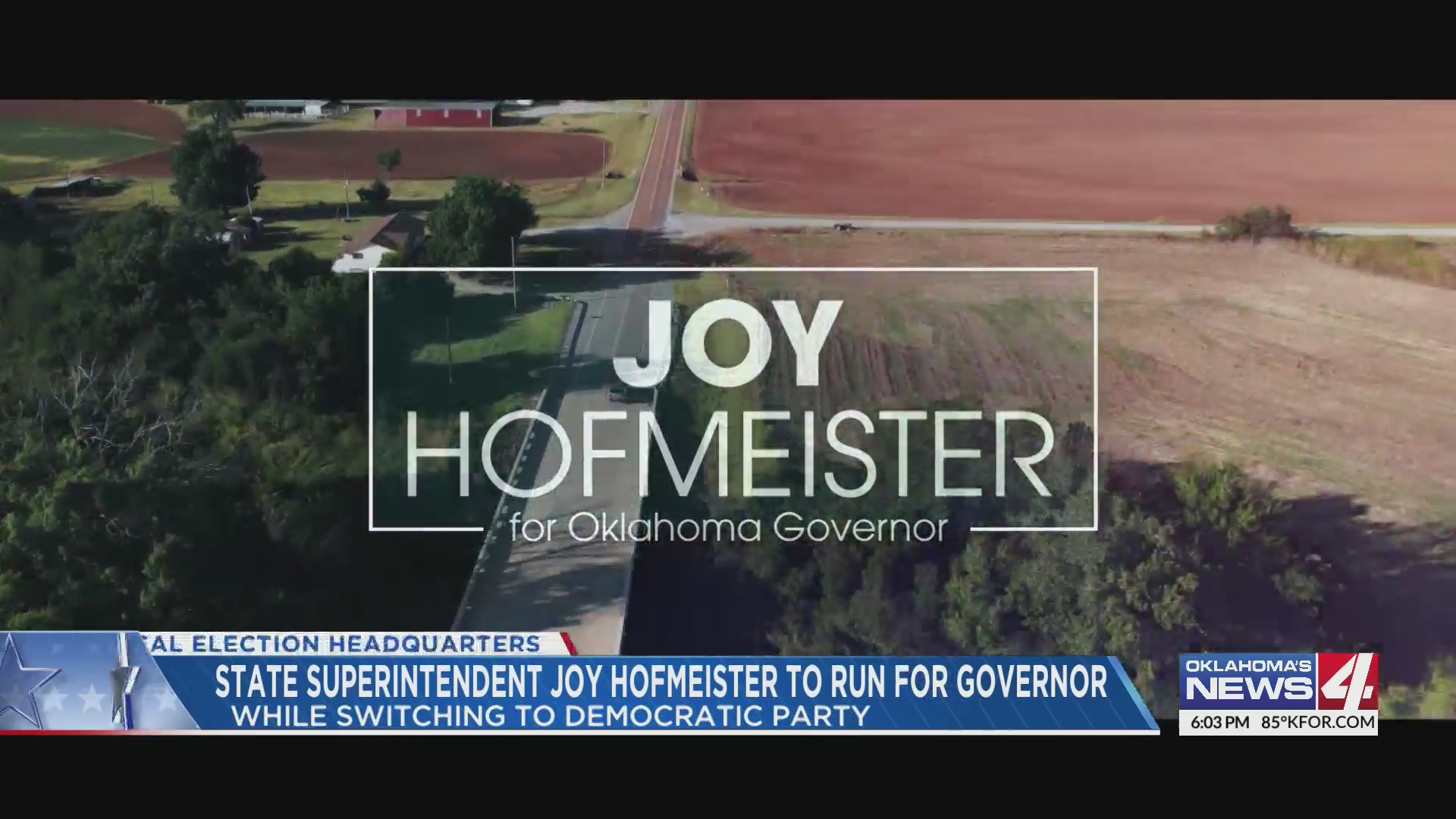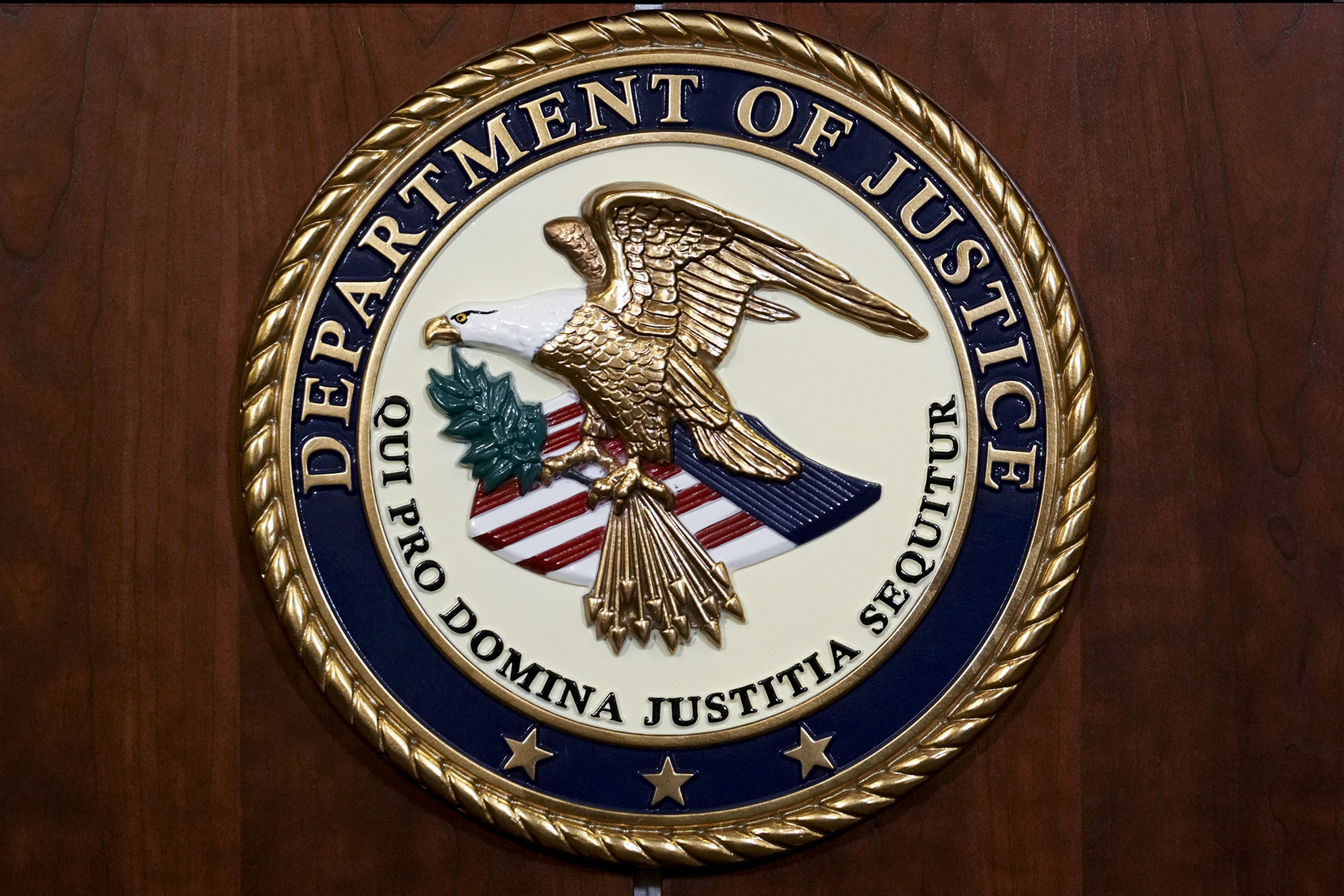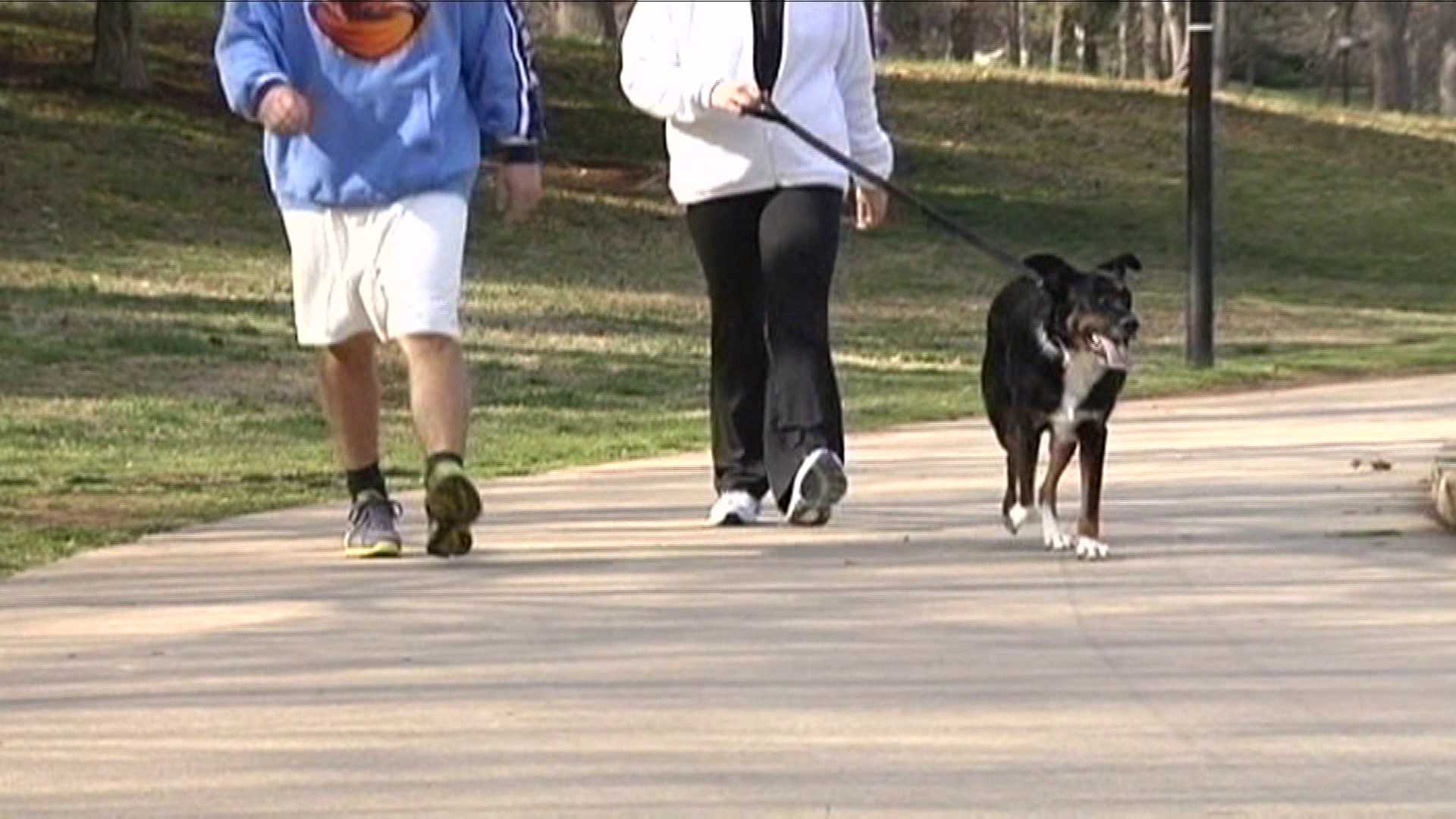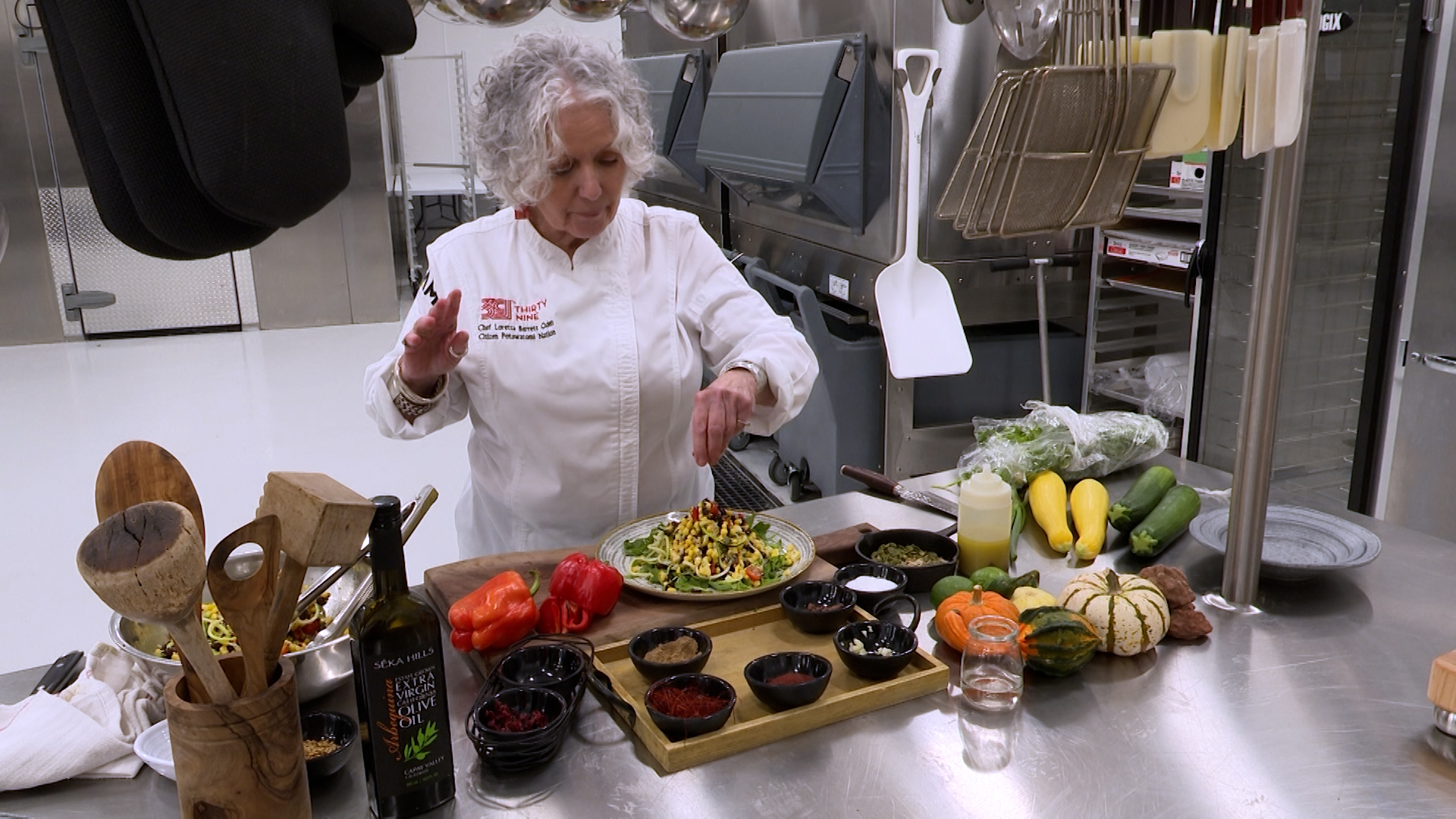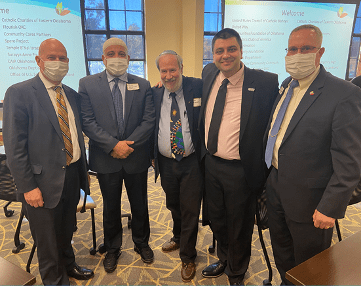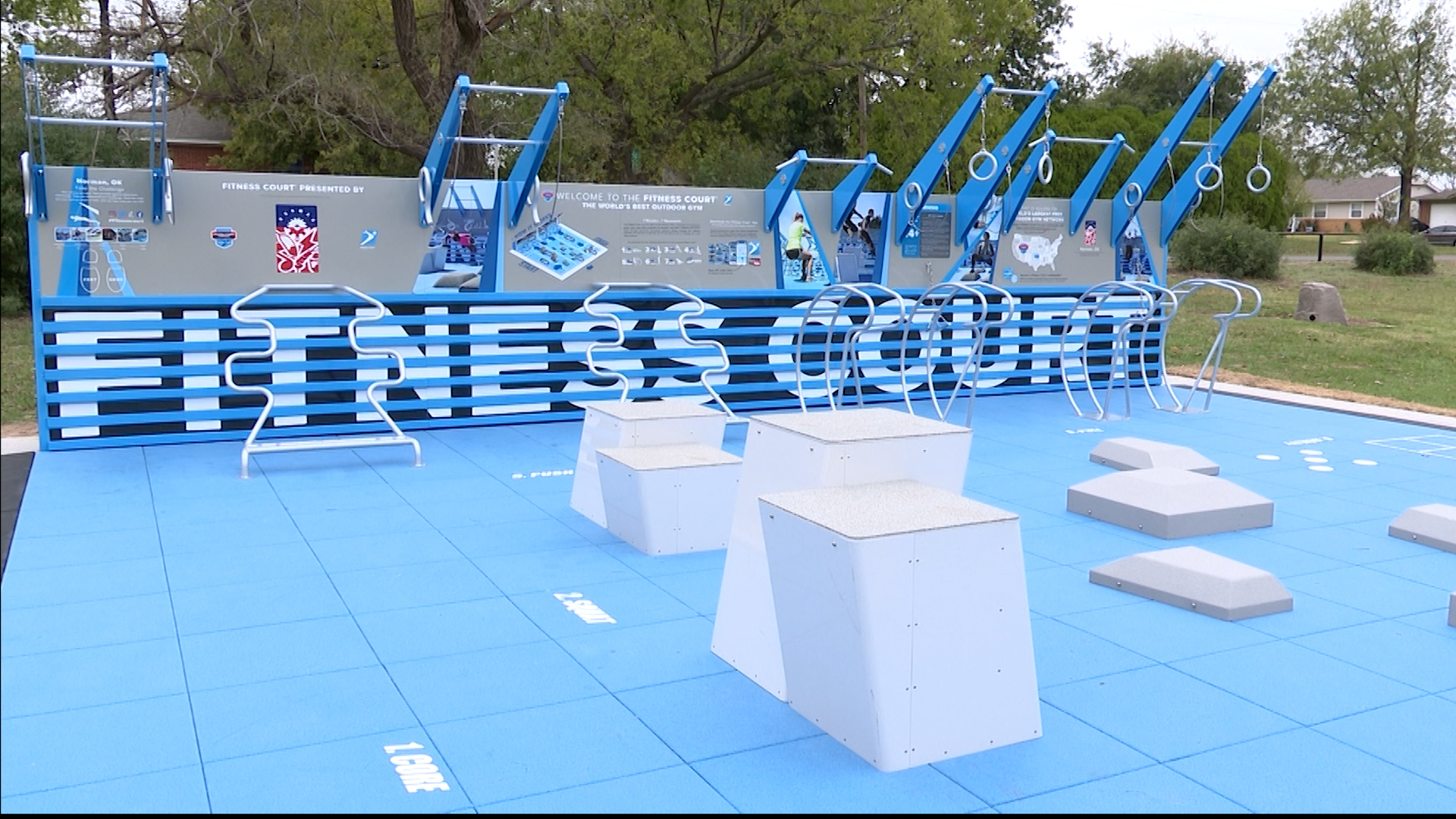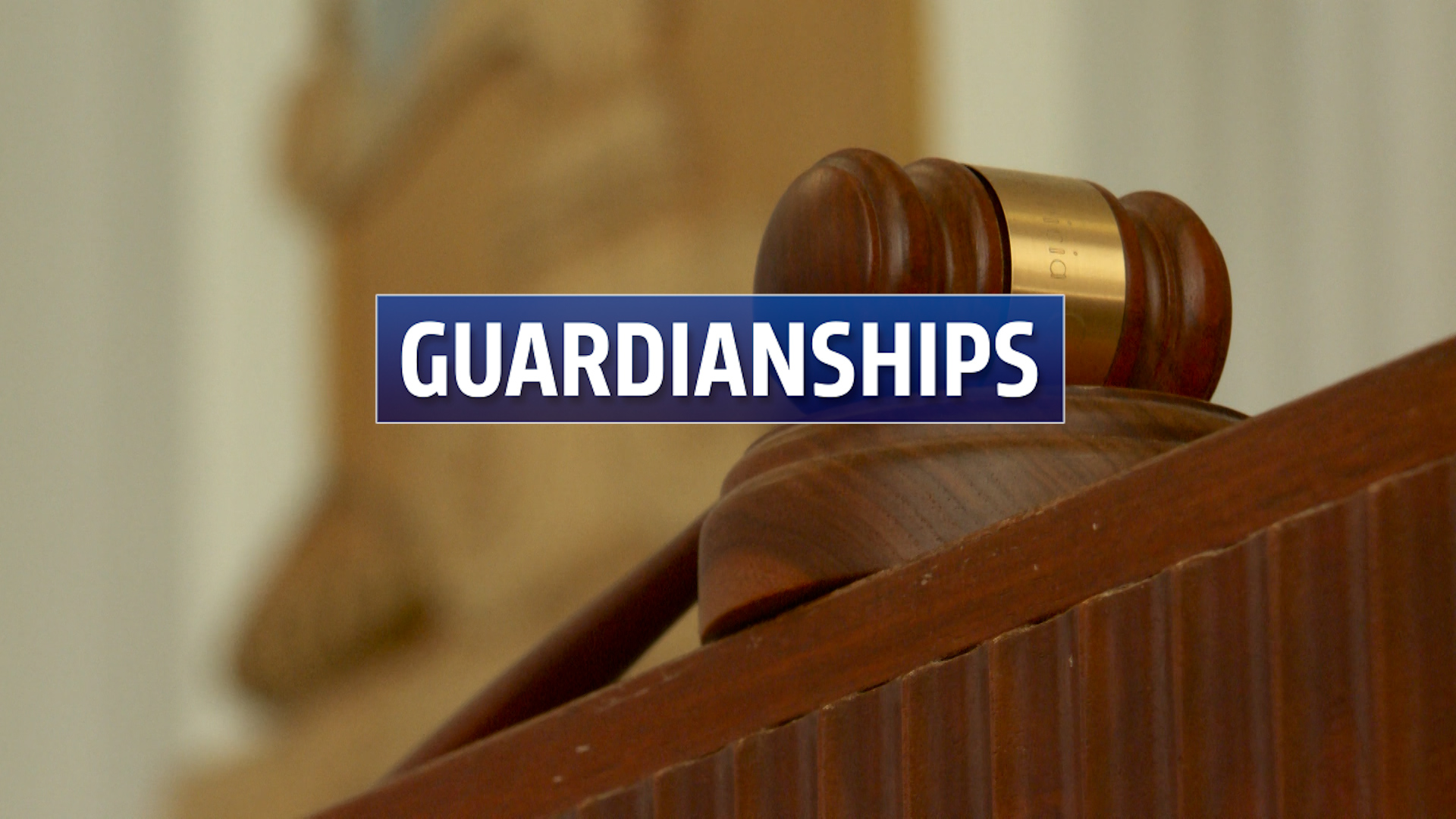OKLAHOMA CITY (KFOR) – Following a ruling about tribal sovereignty by the U.S. Supreme Court in 2020, Oklahoma state leaders have worked to find a path forward.
On July 9, 2020, the U.S. Supreme Court decided that the Muscogee (Creek) reservation was never disestablished.
It’s a ruling that has a big impact on the state’s criminal justice system.
“For anybody that has an Indian card, a CDIB card, a certified degree of Indian blood,” Native American law attorney Robert Gifford told KFOR. “If they are within the Creek Nation, the state of Oklahoma had no jurisdiction over them.”
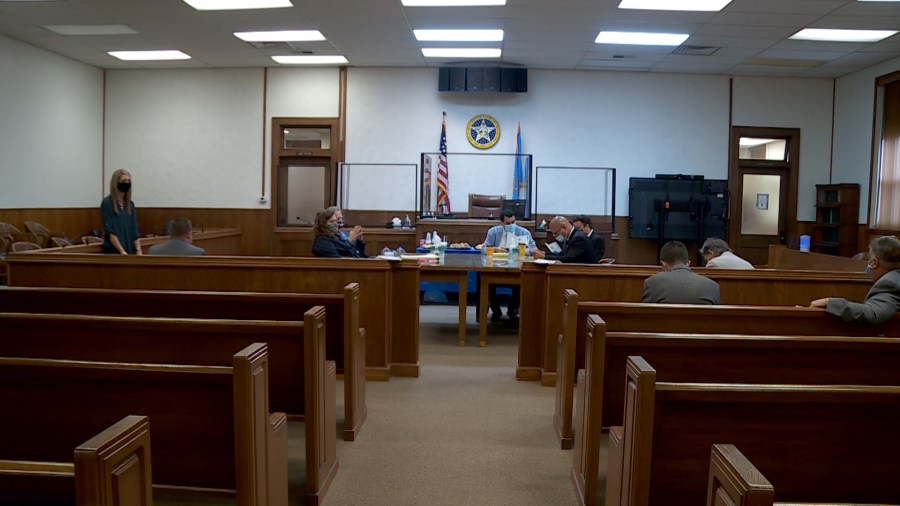
As it stands, these decisions alter the State’s legal jurisdiction and law enforcement capabilities on a significant portion of eastern Oklahoma, creating uncertainty for many Oklahomans.
“In general, the McGirt decision by the United States Supreme Court has created a significant amount of confusion, especially in regards to inmates who are serving time in state custody for crimes committed on historic tribal lands,” then-Oklahoma Attorney General Mike Hunter said in August of 2020.
After the Supreme Court’s decision, Hunter said his office was flooded with appeals.
“The McGirt case does not constitute a get out of prison free card,” Hunter said. “We are not going to allow our justice system to be exploited by individuals who have murdered, raped, or committed another crime of a serious nature while the federal government considers whether to rearrest or adjudicate their cases.”
In the meantime, tribal nations have worked to take over hundreds of cases impacted by the decision.
Last week, Oklahoma’s new attorney general asked the U.S. Supreme Court to overturn its own ruling in the McGirt case.
Attorney General John O’Connor called the McGirt decision “recklessly overbroad” and said it’s throwing some Oklahomans into the danger of having no law enforcement show up to their calls for help.
“Victims of atrocious crimes are being revictimized by going through the legal process a second time, and, in some instances, seeing their loved one’s killer set free because federal prosecutors cannot file the claims against the released convicts,” O’Connor said. “Some theories sound good in concept but don’t work in the real world. The U.S. Supreme Court got this decision wrong and we are respectfully asking the court to overturn its decision or to limit it to certain federal crimes. The most effective way to right this terrible wrong is for the court to overturn the McGirt decision. Without action, the negative consequences will damage Oklahomans for years to come.”
Now, the Oklahoma Court of Criminal Appeals has issued a decision in the case.
On Thursday, the court ruled that the McGirt decision should stand, but that it should not be applied to cases retroactively. Instead, it should simply be applied to criminal cases moving forward.

“New rules of criminal procedure generally apply to cases pending on direct appeal when the rule is announced, with no exception for cases where the rule is a clear break with past law,” the court wrote. “But new rules generally do not apply retroactively to convictions that are final, with a few narrow exceptions.”
The court wrote that by applying the law on cases that have already been tried and convicted, it would undermine “the deterrent effect of the criminal law.”
It argued that it would be difficult for state or federal prosecutors to successfully try a case after so many years. The court also considered that most of the cases were violent or abusive in nature.
The justices determined that “McGirt did not ‘alter the range of conduct or the class of persons that the law punishes’ for committing crimes.”
“The Supreme Court itself has not declared that McGirt was retroactive to convictions already final when the ruling was announced. McGirt was never intended to annul decades of final convictions for crimes that might never be prosecuted in federal court; to free scores of convicted prisoners before their sentences were served; or to allow major crimes committed by, or against, Indians to go unpunished. The Supreme Court’s intent, as we understand it, was to fairly and conclusively determine the claimed existence and geographic extent of the reservation,” the court ruled.
In the past, the court says the Supreme Court has ruled that new rules should not be applied to past cases, especially when it is not an argument of whether a crime was committed. Instead, the argument arose over where the crimes should have been tried in court.
“We cannot and will not ignore the disruptive and costly consequences that retroactive application of McGirt would now have: the shattered expectations of so many crime victims that the ordeal of prosecution would assure punishment of the offender; the trauma, expense, and uncertainty awaiting victims and witnesses in federal re-trials; the outright release of many major crime offenders due to the impracticability of new prosecutions; and the incalculable loss to agencies and officers who have reasonably labored for decades to apprehend, prosecute, defend, and punish those convicted of major crimes; all owing to a longstanding and widespread, but ultimately mistaken, understanding of law,” the court wrote.
“Today’s ruling affirms that the Chickasaw Nation reservation continues, but it holds McGirt cannot be used to unsettle convictions that were final before the Supreme Court’s decision last summer. McGirt remains the law of the land, but it will apply going forward, not backward.
Stephen Greetham, senior counsel for the Chickasaw Nation
With respect to Mr. Bosse, the court’s ruling effectively reverses its earlier vacation of his conviction and sentence. This should bring relief and a speedy conclusion of matters for the family of his victims, for which we are deeply grateful.
The ruling also moots the recently filed petition for Supreme Court review in the Bosse case.
Going forward, we will remain focused on our efforts to implement the law in service to the public’s safety and effective law enforcement.”
“This morning the Oklahoma Court of Criminal Appeals issued its decision in State ex rel. Matloff
v. Wallace holding the United States Supreme Court’s ruling in McGirt v. Oklahoma does not apply
retroactively. The United States Attorney’s offices in Oklahoma are reviewing today’s OCCA opinion
and assessing its potential impact on cases previously referred to the United States for potential federal
criminal prosecution,” said Acting United States Attorneys Christopher Wilson, Clint Johnson and Robert
Troester. “In the interim, our offices will continue to focus on our mission of ensuring public safety and
holding defendants accountable for their criminal acts.”
“This is a significant victory of the people of Oklahoma. I commend the judges who voted in agreement with our position,” Attorney General O’Connor said. “There are thousands of cases that would have to be retried if the State had lost this case. In many of those cases, the crimes were committed long ago. Witnesses may be gone. Evidence may be lost. Re-prosecution might be barred by statutes of limitations. That is why I appreciate the judges who stood up for the rule of law and protecting victims that would have been revictimized by another trial, and possibly revictimized if their abuser is set free.”
“Today is a major win for victims of crime and public safety in Oklahoma. I am pleased that the Court agreed that retroactively applying McGirt to tens of thousands of cases would unnecessarily traumatize victims and give dangerous criminals opportunities to fall through the cracks. While today’s ruling is a significant step forward, McGirt still presents major challenges that threaten the future of Oklahoma. I will continue to work to protect the state’s sovereignty and ensure equal protection under the law for all 4 million Oklahomans,” said Oklahoma Gov. Kevin Stitt.
The Choctaw Nation of Oklahoma released the following statement:
“The U.S. Supreme Court ruling in McGirt was an important defense of tribal sovereignty and a reminder the federal government must honor its treaties. As we have said from the start – and as today’s ruling confirms – it did not mean convicted criminals would immediately be released, as some have claimed. All Five Tribes wrote in support of this decision, and we are pleased by the ruling. Most importantly, this is a positive result for the victims of crimes and their families, because in many cases it means they will avoid being re-victimized by new trials. We remain committed to prosecuting people who commit crimes on Indian land.”
CHOCTAW NATION OF OKLAHOMA
KFOR is proud to be part of The Oklahoma Media Center, launched by Local Media Foundation with financial support from Inasmuch Foundation and the Walton Family Foundation, which is a collaborative of multiple Oklahoma newsrooms/outlets that includes print, broadcast and digital platforms. The OMC’s latest project focuses on the McGirt SCOTUS ruling. This story is part of that effort called Promised Land






















